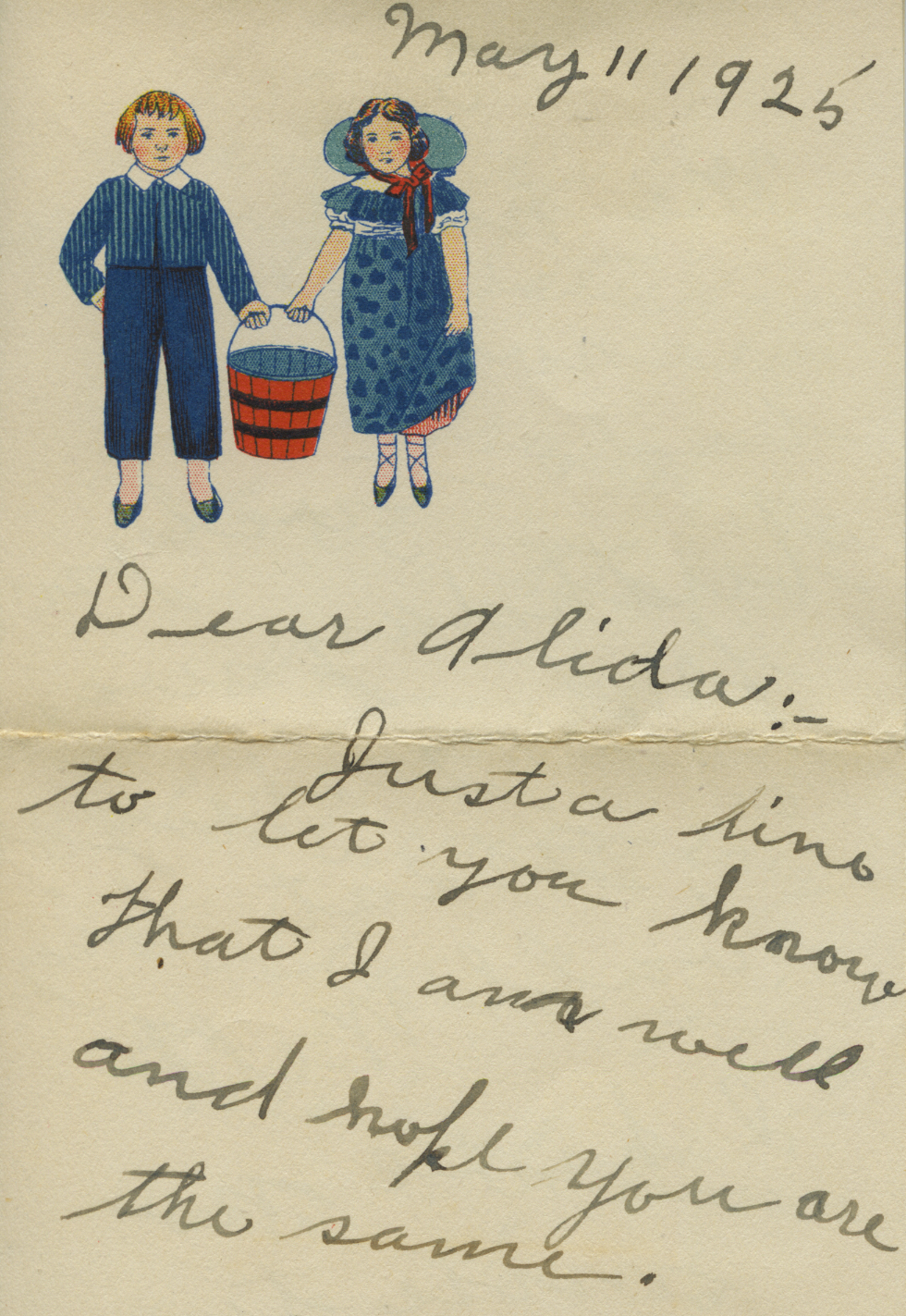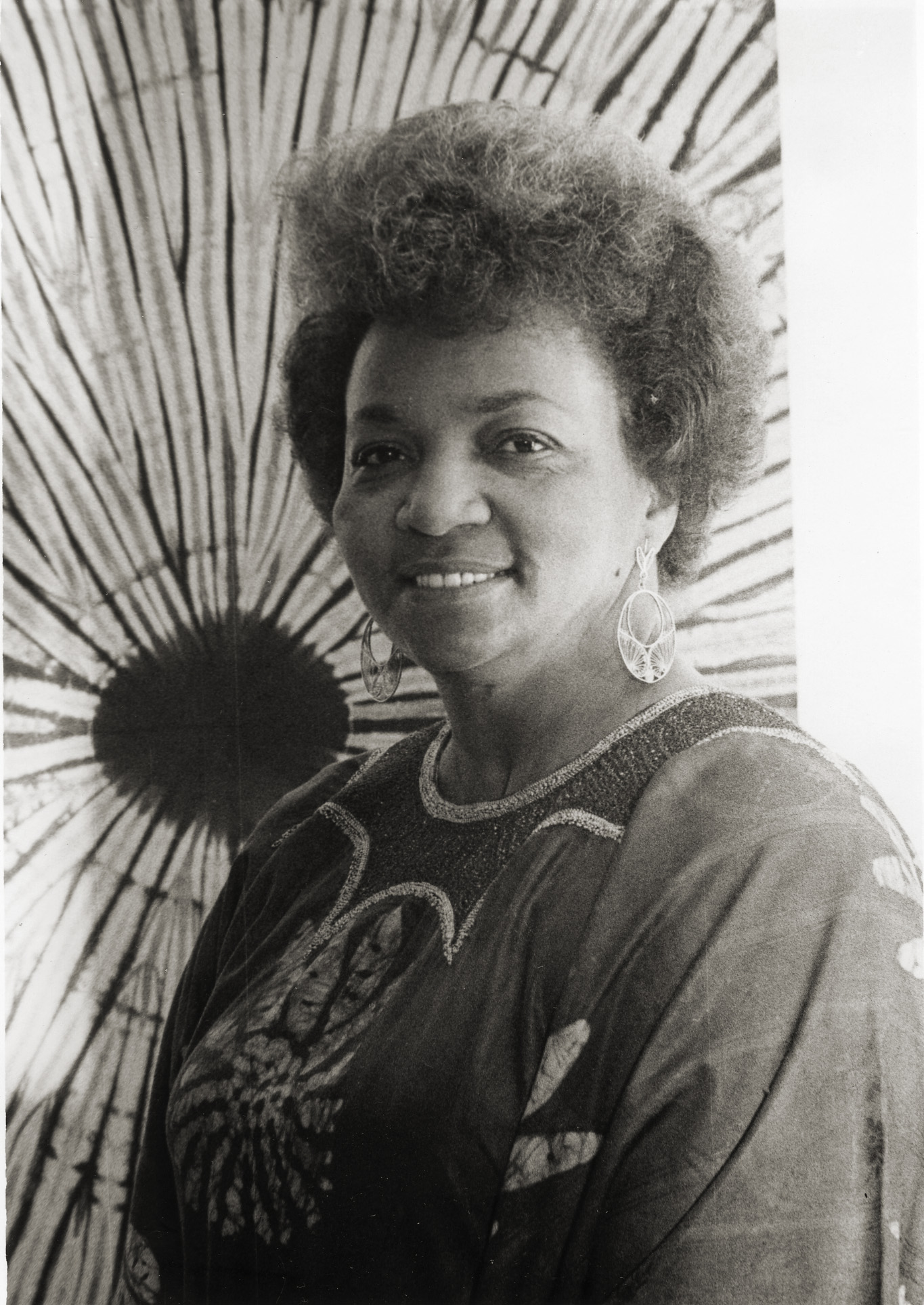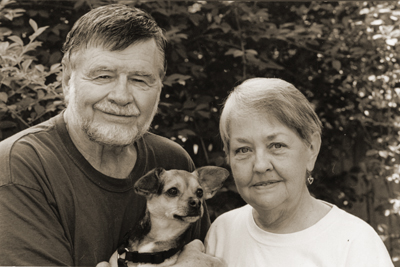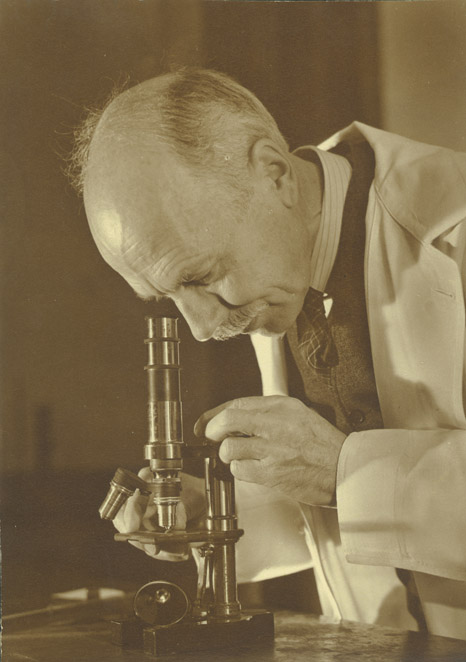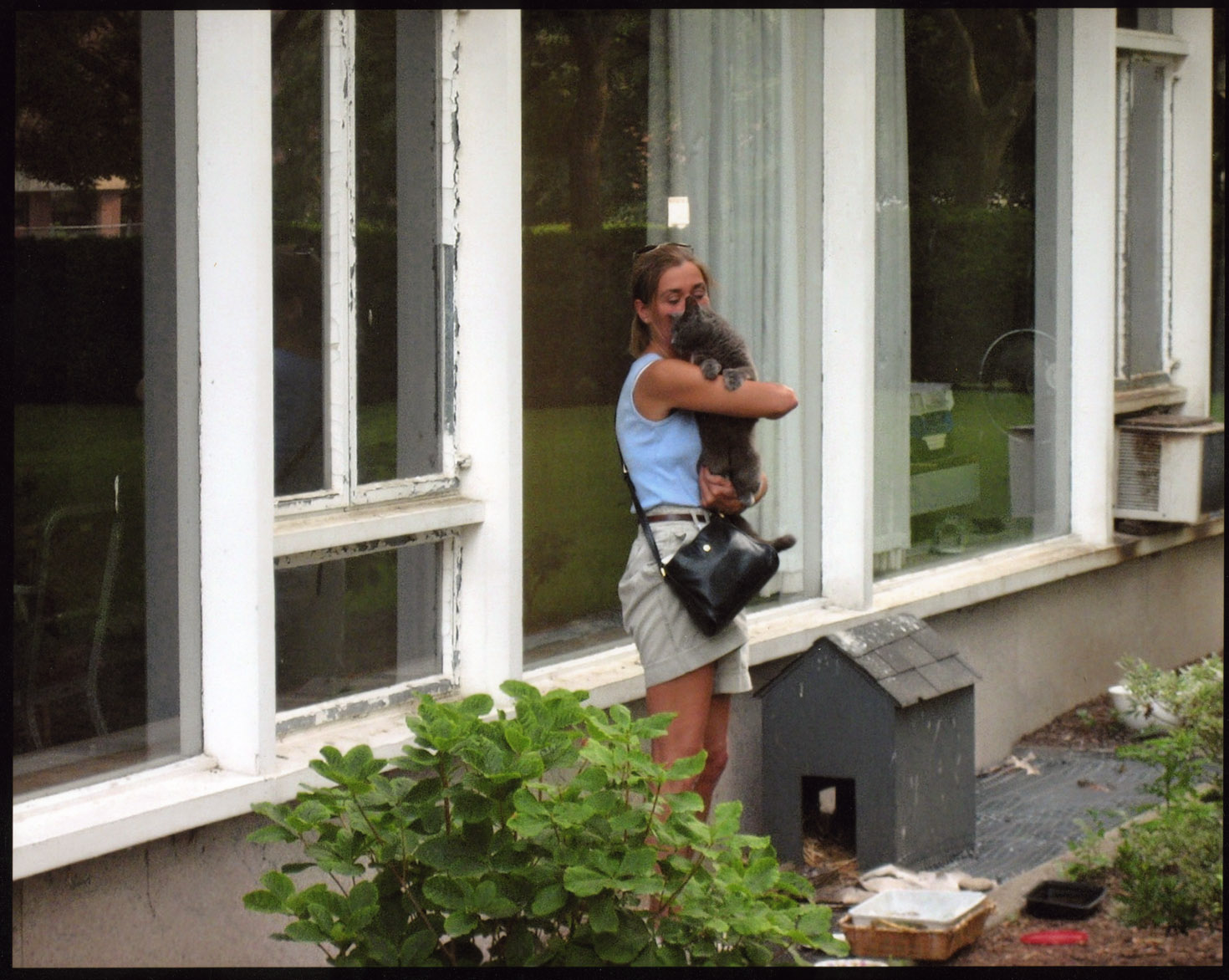People for a Socially Responsible University Records
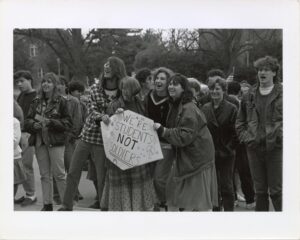
Student protesters hold up a sign during a demonstration against military funded research at UMass, April 24, 1989. Photo by David Wettengel
Founded in 1988 as the anti-CIA protests began to wind down, the People for a Socially Responsible University (PSRU) was a student movement that started at UMass and saw participation from Hampshire College students as well as members of the community. The group began when students started to research the university’s military ties and funding from the United States Department of Defense. Concerned about the militarization of higher education, the group organized several non-violent protests. Over the course of six sit-in occupations of UMass campus buildings in the spring of 1989, around 200 students were arrested. After the UMass administration refused to acknowledge PSRU, a chapter was started at Hampshire College, and students opened an office in Amherst. The group also collaborated on demonstrations with the Central American Solidarity Association, and was involved in issues including budget cuts, school investment policy, economic conversion, and environmentalism. PSRU continued to be active until the graduations of the remaining students involved in the group in 1992.
A small collection, the PSRU Records document an important period of student activism in the history of UMass. News clippings serve as a window to the community’s reaction to protests and student arrests, while correspondence, statements, and newsletters written by members of PSRU capture the passion of those involved in the demonstrations against military-funded research on campus. There are also records from the trials of a few of the UMass and Hampshire students arrested during the protests. The collection includes a number of photographs depicting protesters and the police force during the 1989 sit-ins. A copy of Randy Viscio’s book, Under the Bridge: Notes from a Me Generation Dropout, is also part of the collection.


